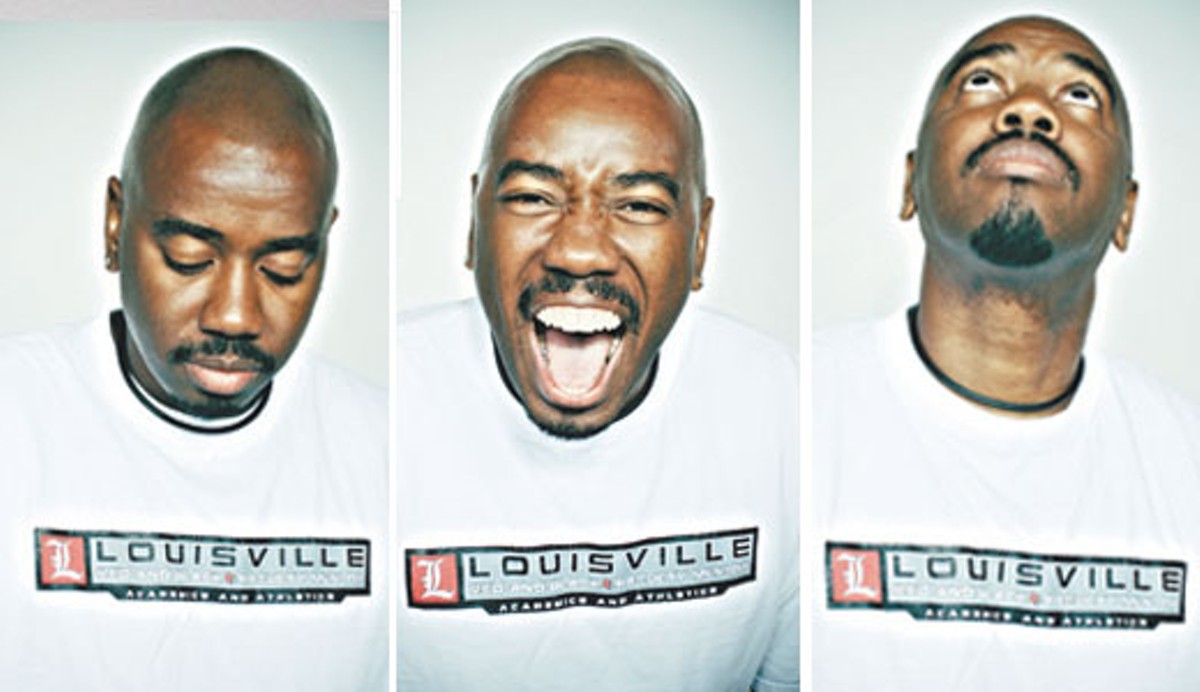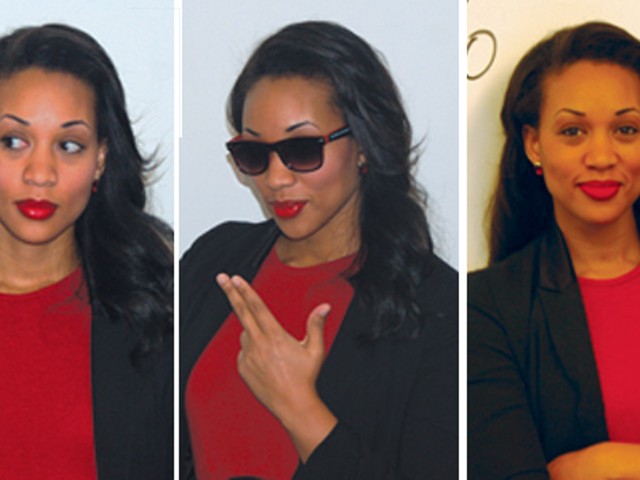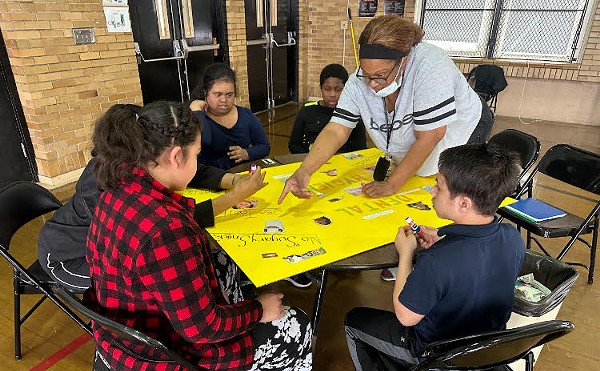The curious cases of Caitlyn Jenner and Rachel Dolezal have reignited questions about identity in America. How do we define who we are? Are we who and what we are born as or do we get to choose? Is Caitlyn forever “Bruce” no matter how she sees herself? Is Rachel Dolezal forever a white girl from Montana or is she an avid African-American civil rights worker? Maybe Caitlyn and Rachel are both male and female, white and black, and more.
Hegel’s idea that no “self” is formed on its own is certainly apropos here. To be sure, we are all bound by the constant queries, “How do I see myself and how do others see me?” In Jenner’s and Dolezal’s cases, maybe they are also “unbound” by the same identity interplays. The road to freedom for people trapped in birthed genders, races and other identities is neither short nor straight. Jenner was into the sixth decade of his life before how he saw himself trumped concerns about how others see him. Dolezal’s story has yet to completely unfold.
My first book, Black Haze, also asked questions about identity. Like many works, Black Haze is a classic example of the old adage “You can’t judge a book by its cover.” Understandably, anyone looking at the original jacket, adorned with the Greek symbols of every major black fraternity, would think the book was only about these organizations. Those who actually read it realized this initial assumption is wrong. Admittedly, the misunderstanding (which has resulted in frustration for me as well as others over the years) was just as much my fault as the willfully anti-intellectual people who drew flawed conclusions without reading.
Writing is an artistic exercise. Like all art, books never turn out exactly as the artist originally envisions them. The process of research and writing takes one down unforeseen paths, presents new possibilities, yields epiphanies and quandaries by the end that are simply not in the author’s sightline at the beginning. If I am to criticize my readers (or non-reading critics) for making assumptions about or downright misunderstanding Black Haze, I must also admit that a part of me really didn’t understand exactly what I was doing or what was to come when I wrote it.
My work and real life have forced me to ask tough identity questions. Are black men naturally violent, are we socialized to be that way, or are we simply stereotyped as such? What are the factors that open the door for the undeniable intra-racial brutality we find among black men? What creates the type of men who are all too comfortable with violence? What lies at the heart of those who often base their manhood on injuring and even killing one another ... and never apologize? The questions themselves are troubling; some of the answers even more so.
Earlier this month, the second edition of Black Haze was published. According to series editor Robert Smith, it is the first second edition in the history of the State University of New York Press’ African American Studies Series. Like Caitlyn Jenner and Rachel Dolezal, this new book again raises the question, “What makes us who we are?” If black men are just as “human” as everyone else, how can we preserve any sense of dignity and humanity in a world that often affords us neither? So, again, at the end of the day Black Haze really isn’t about fraternities anymore than Caitlyn Jenner’s story is about genitalia or Rachel Dolezal’s is about skin tone.
Despite meanness from many quarters, Caitlyn Jenner has chosen to live what she sees as an authentic life. Good for her! While most reasonable people would not support Rachel Dolezal’s alleged fabrications about abuse based on race, it is difficult to wholeheartedly condemn her. It is strange that some black folk are angry at a woman who has chosen to turn her back on her own privilege, live as a member of one of the country’s most despised groups, and work for an organization (the NAACP) that had all white officers (with the exception of W.E.B. DuBois) at its founding in 1909. Yes, it is all very curious. In the case of black men I hope you will read Black Haze to see how much so. •
Visit Ricky L. Jones at www.rickyljones.com and follow him on Twitter @DrRickyLJones






